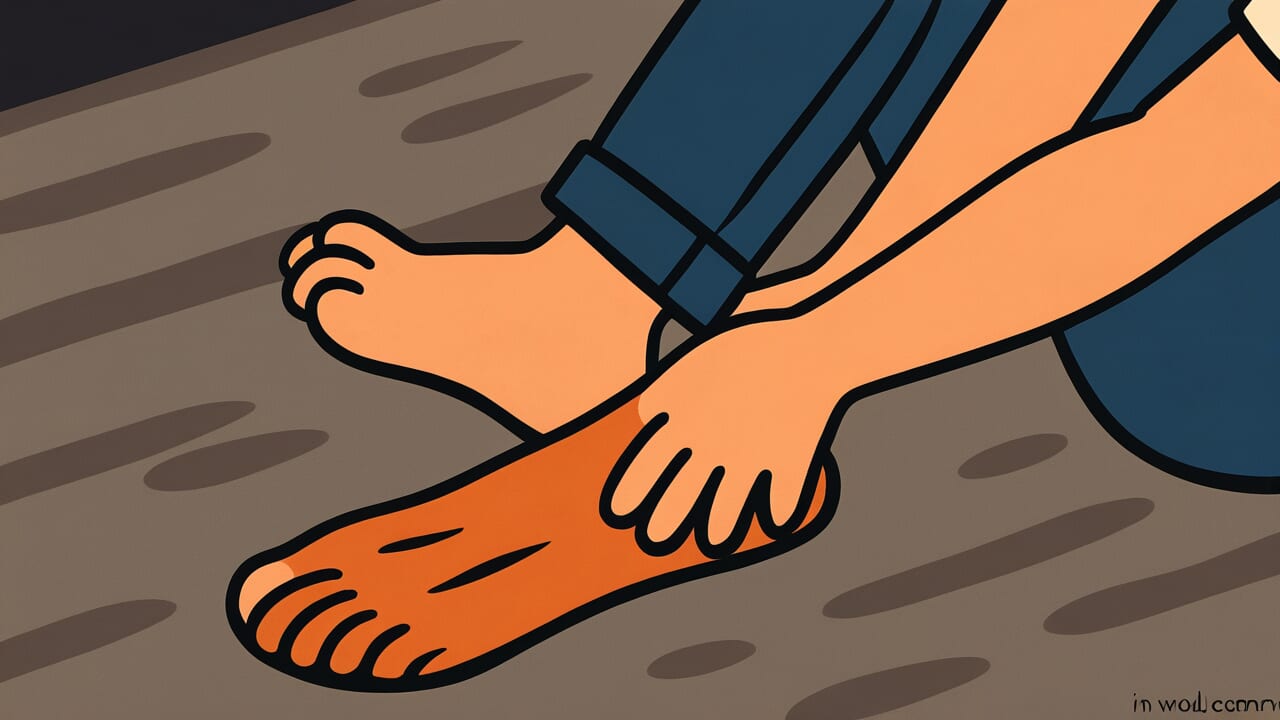Cultural Context
This proverb uses the imagery of cracked feet, a common experience in rural India. Walking barefoot on hot, dry earth causes feet to crack and bleed painfully.
This physical hardship was familiar to farmers, laborers, and the poor. The metaphor resonates deeply in a culture where physical suffering often marked social divides.
Indian philosophy emphasizes compassion and understanding others’ struggles. This proverb teaches empathy through lived experience rather than abstract sympathy.
It reflects the value placed on humility and recognizing one’s own privilege. The wisdom cautions against judging those facing hardships we have never encountered ourselves.
Elders commonly share this saying when someone shows lack of understanding toward others. It appears in Hindi conversations about social inequality and personal struggles.
The proverb reminds listeners that true empathy requires acknowledging our limited perspective. This teaching passes naturally through family discussions and community interactions across generations.
Meaning of “One whose feet have never cracked, what would they know of another’s pain”
The proverb literally speaks of cracked feet and the pain they cause. Someone whose feet never cracked cannot truly understand that specific suffering.
The core message is that personal experience teaches what observation cannot. Without living through hardship, we cannot fully grasp another person’s pain.
This applies when wealthy people dismiss poverty’s challenges without experiencing financial struggle. A healthy person might underestimate chronic illness until they face it themselves.
Someone with supportive parents may not understand the trauma of neglect. A person with job security might judge the unemployed too harshly.
The proverb warns against making assumptions about struggles we have never faced.
The saying acknowledges that empathy has natural limits without direct experience. It does not excuse cruelty but recognizes human understanding’s boundaries.
The wisdom encourages humility when discussing others’ difficulties and listening before judging.
Origin and Etymology
It is believed this proverb emerged from rural agricultural communities in North India. Farmers and laborers working barefoot under harsh conditions knew cracked feet intimately.
The saying likely developed as oral wisdom passed among working people. It reflected the social reality where physical hardship marked class differences clearly.
Hindi proverbs traditionally transmitted practical wisdom through memorable physical imagery. Elders shared these sayings during daily work and family gatherings.
The oral tradition ensured survival of wisdom that addressed real social issues. This particular proverb addressed the gap between privileged and struggling communities.
Its directness made the message stick across generations and social groups.
The proverb endures because inequality and lack of empathy remain universal challenges. Its physical imagery makes abstract concepts of privilege and suffering tangible.
Modern India still grapples with social divides the proverb originally addressed. The saying’s simplicity allows it to apply beyond its original context.
Usage Examples
- Nurse to Doctor: “He criticized my exhaustion after working three double shifts this week – One whose feet have never cracked, what would they know of another’s pain.”
- Student to Friend: “She says poverty is just laziness but grew up wealthy – One whose feet have never cracked, what would they know of another’s pain.”
Lessons for Today
This wisdom matters today because privilege often blinds people to others’ struggles. Social media amplifies judgments from those who have never faced certain hardships.
The proverb reminds us that our limited experience shapes our understanding. Recognizing this gap helps us approach others with more humility and openness.
People can apply this by pausing before judging someone’s choices or circumstances. When tempted to criticize how someone handles poverty, consider your own financial security.
Before dismissing someone’s emotional response, reflect on your own support systems. Listening to others’ experiences without immediately offering solutions shows this wisdom in action.
The key is distinguishing between healthy empathy and assuming we cannot understand anything. We can still show compassion and support without identical experiences.
The proverb encourages curiosity about others’ perspectives rather than dismissive certainty. It asks us to hold our judgments lightly when discussing unfamiliar struggles.


Comments